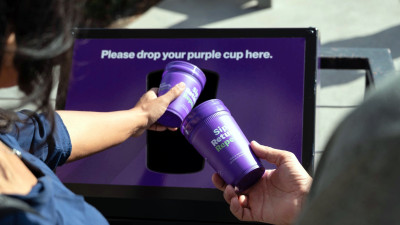A common misconception regarding fiber-reinforced plastics is that the material’s performance cannot be predicted, as with steel or aluminum. But BASF says its ULTRASIM® performance-prediction technology routinely delivers 90-95 percent accuracy when predicting the performance of parts molded using BASF materials, creating new opportunities for lightweighting products while minimizing design and development costs.Using sophisticated material characterization methods and analysis techniques, the company says the tool now enables designers and engineers to account for the influence of the injection molding process of a thermoplastic and study:
BASF Tool Helping Designers Lightweight Products, Minimize Development Costs
A common misconception regarding fiber-reinforced plastics is that the material’s performance cannot be predicted, as with steel or aluminum. But BASF says its ULTRASIM® performance-prediction technology routinely delivers 90-95 percent accuracy when predicting the performance of parts molded using BASF materials, creating new opportunities for lightweighting products while minimizing design and development costs.
Using sophisticated material characterization methods and analysis techniques, the company says the tool now enables designers and engineers to account for the influence of the injection molding process of a thermoplastic and study:
- Structural performance for static loads
- Structural performance for impact (crash) loads
- Vibration and acoustic response
- Fatigue and creep performance
“ULTRASIM technology optimizes the overall design process,” said Mark Minnichelli, director of technical development at BASF. “This technology allows us to reduce part mass, minimize design and development costs, and improve our client’s confidence in a product before tooling investments are made.”
BASF recently used ULTRASIM technology in collaboration with Bemis Manufacturing Company, a global plastic products manufacturer, to develop a first-of-its-kind, all-plastic shopping cart design that delivers twice the strength and durability of traditional steel models with less frequent wheel repairs and maintenance, and is completely recyclable.
In other BASF news, the chemical giant recently launched Creator Space — a yearlong event series aiming to engage experts and citizens worldwide on challenges in the areas of energy, food and water, and urban living.








